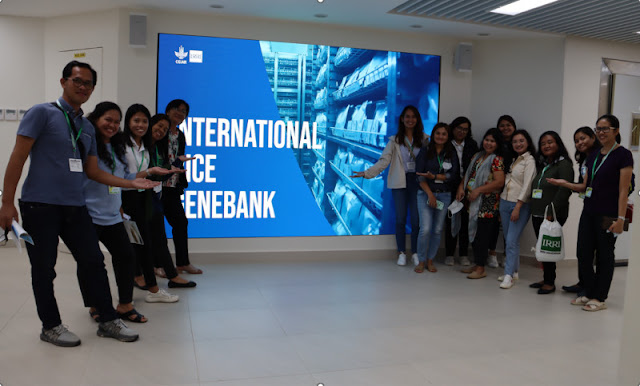Ms. Junio, one of the unit representatives to the Anti-Sexual Harassment Hearing Pool and the former gender and development (GAD) focal point person of NISMED, participated in the Mainstreaming Gender and Development in Rice Research for Development and Extension implemented by the International Rice Research Institute (IRRI) in partnership with the Philippine Department of Agriculture (DA). This course was facilitated by IRRI Education at the IRRI Headquarters in Los Baños, Laguna from 6 – 10 February, 2023.
As the course aimed to provide the participants an understanding of gender and its importance in agriculture and rice research for development and extension, IRRI invited participants from the DA, Philippine Rice Institute (PhilRice), and state universities. A total of 23 participants from all over the country were invited to participate in the course. One of the highlights of the course was the relevance of gender mainstreaming in research, technology development, and extension. It also tackled possible avenues that contribute to the development of gender-sensitive projects/programs. The course included field visits which added to the rich learning experiences of the participants.
 |
| Ms Junio (9th from the right) with her co-participants as they visit the International Rice Genebank (Photo credit: IRRI Education, 2023). |
Moreover, the course provided an opportunity for participants to recognize some gender-related issues and identify ways of addressing these issues through the conceptualization and implementation of GAD-related research and extension programs. As a recommendation, Ms. Junio suggested the continuous active participation of staff in GAD programs and activities, not only in the University, but also in other organizations like in IRRI Education. By doing so, she hopes that this can contribute to the promotion and the development of the staff’s capacity as advocates of GAD in the workplace and ensure the sustained inclusion of gender mainstreaming in the Institute’s research and extension projects.





0 Comments